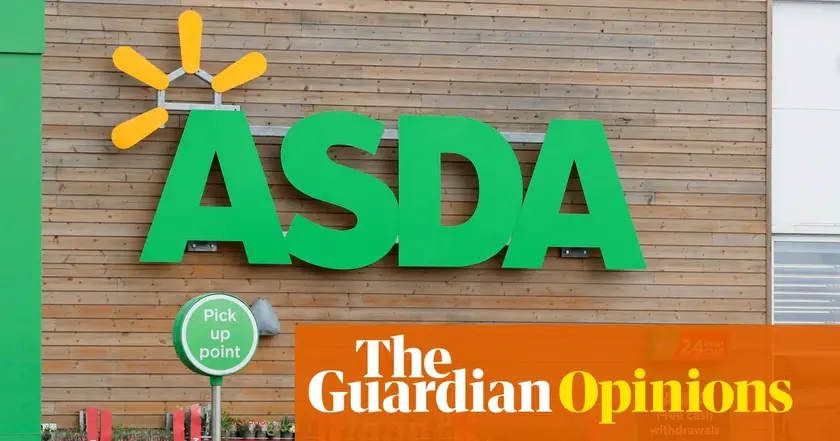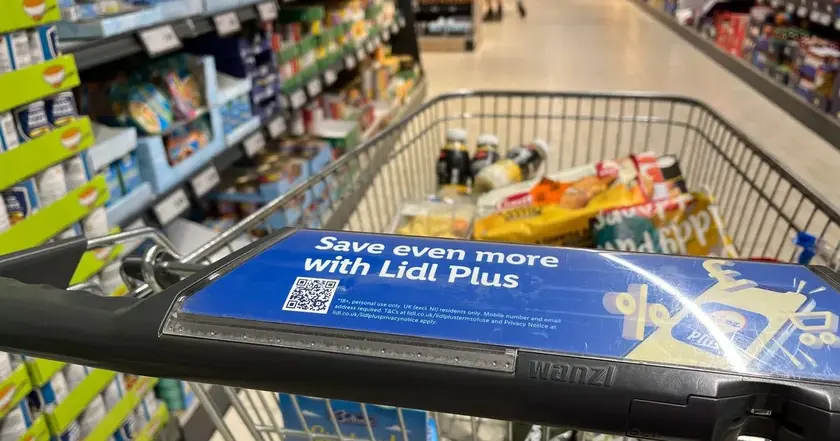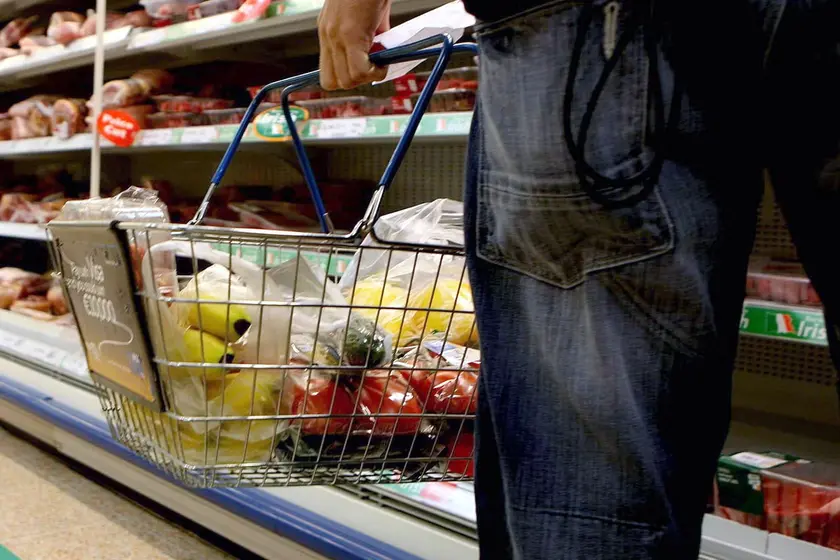T4K3.news
Asda price war idea fades
Analysts say Asda cannot sustain a real price fight under daunting debt and stronger rivals.

An editorial take that the promised price war at Asda stalled under debt and tougher rivals.
Asda Fails to Deliver a Price War Narrative
Five months ago the talk in supermarket land was of a price war. A wounded Asda with Allan Leighton back at the helm promised a big push to restore its position as the price setter among the traditional groups and even spoke of a large war chest. The owners, a private equity group and the remaining Issa brother, signaled they would absorb lower profits in the near term to win back shoppers. The market took notice and even Tesco shares dipped on the prospect.
So how’s the price war looking now? Worldpanel data show a familiar pattern: Tesco and Sainsbury’s are doing well, while Asda and Morrisons lag. Asda’s market share has fallen from 14.8% at the 2021 buyout to 11.8% today. Aldi sits at 10.8% and Lidl is closing in. The point feels obvious: it’s hard to fight aggressively when debt weighs you down and rivals are better financed. Tesco and Sainsbury’s can still choose to cut or keep buys as needed, while Aldi and Lidl operate from the strength of private international owners.
Leighton has warned a turnaround would take three to five years and there is time for other moves beyond price cuts. An expected £800 million IT upgrade could lift operations and sales, but it does not by itself fix core weaknesses. The idea of a renewed price war was always more talk than reality, and today’s market shows the same truth. The stock market’s relief in Tesco and Sainsbury’s performance reflects that the feared price war never really arrived.
Key Takeaways
"Price wars need real cash not accounting bravado"
Editorial view on the feasibility of a real price fight
"Private equity can delay losses but it rarely buys market share"
Comment on ownership structure affecting competition
"The IT upgrade may quiet the patient but won’t cure a weak core"
Observation on remedies versus fundamentals
"Investors read the numbers not the headlines"
Market reaction to the lack of a price war
The episode shows how private equity finance reframes competitive moves. Debt limits how far you can push prices and still pay the bills, while deep-pocket rivals can outlast through buybacks or longer capital horizons. What looks like a tactical gambit is often a balance sheet exercise in disguise. Public perception follows the money: if investors sense real risk, they retreat to steadier bets.
If Asda really wants to matter, it may need more than discounting. A refreshed strategy could blend store modernization, better in-store service, tighter product ranges, and smarter partnerships. The question for owners is whether they will commit to patient capital or pull back if results don’t arrive quickly enough. Until then, the market will keep pricing in a slow, cautious recovery rather than a dramatic turnaround.
Highlights
- Price wars need real cash not accounting bravado
- Private equity can delay losses but it rarely buys market share
- The IT upgrade may quiet the patient but won’t cure a weak core
- Investors read the numbers not the headlines
Financial and public reaction risk from private equity backed grocers
The discussion of a price war hinges on debt levels and investor appetite. If the owners seek fresh equity to fuel aggressive pricing, it raises financial risk for lenders and could trigger public scrutiny or backlash over consumer pricing.
Markets move on fundamentals as much as headlines
Enjoyed this? Let your friends know!
Related News

Tariffs push prices higher as protections fade

Two-State Solution Dead

LEGO sets discounted starting at $13.49 for Prime Day

World marks Hiroshima anniversary with renewed nuclear fears

Sainsbury's remains most expensive supermarket for essentials

Advocate calls for remaster of Middle-Earth: Shadow Of Mordor

Love Cloud keeps Mile High dream alive

Bitcoin price drops sharply in February
